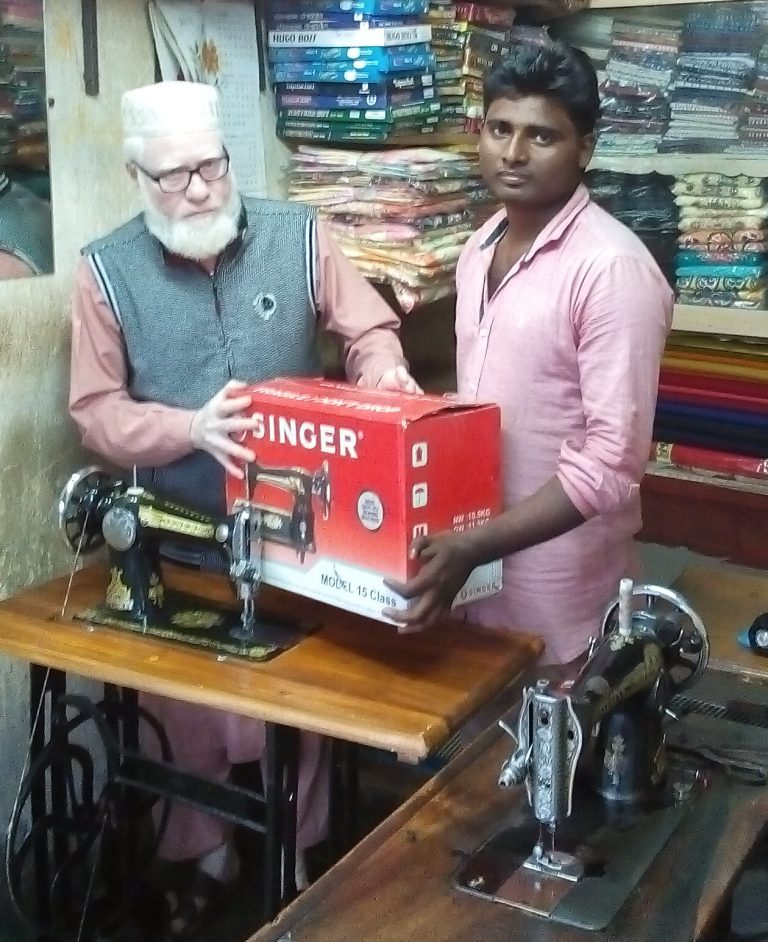Tailoring Training
Tailoring Training for Unemployed Youth
Tailoring is a profession that has the potential to provide a steady source of income for those who have the necessary skills. In Bangladesh, where poverty and unemployment are major issues, initiatives like the one implemented by Step to Humanity Association can make a real difference in the lives of young people looking to improve their livelihoods. This article will discuss the implementation process, beneficiaries, and outcomes of STHA’s pilot project, which provided training and support to unemployed youth for self-employment through tailoring.
The main objective of STHA’s project was to assist unemployed youth by providing them with tailoring training, which would allow them to start their own businesses and generate income. The hope was that this would improve their families’ livelihoods, thereby benefiting all family members in terms of nutrition, health, and education through financial solvency. The project was implemented in Kushtia, Bangladesh.
STHA’s executive member, Dr. Ekram Azim, developed the project concept based on his experience with poverty issues in his birthplace. He consulted with the local community and sought the help of three local volunteers, including two college professors and one student. These volunteers were well-respected and trustworthy individuals in the local community and agreed to help implement the project as dictated by STHA without any remuneration. Professor Nawab Ali led the local volunteers and maintained regular communication with STHA.

The volunteers were tasked with finding disadvantaged, unemployed youth who were interested in tailoring training followed by self-employment. They sent a list of five interested candidates, of which STHA selected two candidates based on direct telephone interviews. The volunteers also found a tailoring master who had his own business to provide training for the candidates. STHA talked to the tailoring master over the phone to ensure his responsibilities in the project, and all parties signed the STHA agreement on a specified date.

The training session started on a specific date and completed on another specified date. The fixed subsistence allowance of trainees and remuneration of trainers were paid in cash at the end of each month by Professor Nawab Ali. All payment receipts were sent to STHA on a monthly basis.
Local volunteers visited the training place at least once a week to ensure that the trainees were engaged in their activities and that the trainer was giving appropriate lessons to meet the completion date. Volunteers also sent progress reports to STHA in the form of text, video clips, and payment receipts on a monthly basis. Dr. Azim also called the tailoring master on a monthly basis to check in on progress.

The trainee successfully completed training and received a sewing machine from STHA, and started his own business with the help of his trainer. STHA will continue to monitor the overall benefits of this training to the livelihoods of the beneficiaries’ families.
